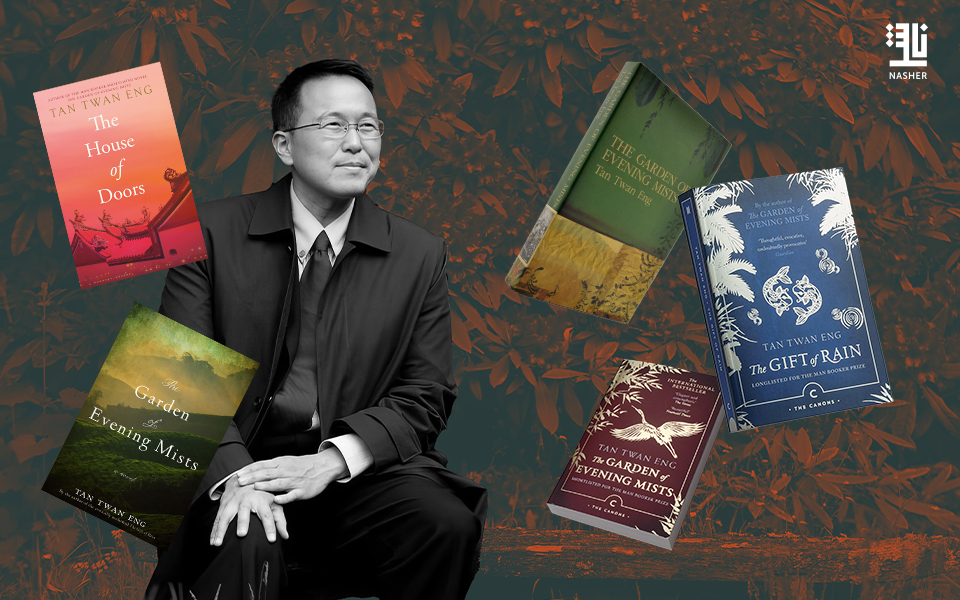The Malaysian author Tan Twan Eng has carved out a distinguished place for himself in global literature thanks to his remarkable ability to explore sensitive and complex social issues with emotional depth and literary elegance. What sets his work apart is not just the subject matter, but how he navigates themes of ethnic identity and the socio-political tensions of Malaysia’s multicultural landscape with subtlety and grace.
His novels dive deep into the personal struggles of individuals torn between tradition and modernity, portraying the emotional and cultural challenges faced by a society composed of diverse ethnic and religious communities. Through this lens, he paints a vivid picture of internal and societal conflict, inviting readers into layered and intimate journeys.
One of Tan Twan Eng’s signature literary traits is his fusion of realism and imagination. His writing goes beyond historical storytelling to incorporate elements of creative reflection and symbolic imagery. This delicate blend adds psychological and emotional depth, allowing readers to connect with characters on a profound level.
Another reason his works resonate globally is his engagement with universal human concerns—interfaith coexistence, cultural tolerance, and racial inequality. These topics transcend borders and cultures, allowing his stories to find relevance with audiences far beyond Southeast Asia.
Among his most celebrated works is The Gift of Rain, set in British-occupied Malaysia during World War II. The novel has been translated into several languages, gaining considerable popularity among Western readers. His other novels, too, have reached global audiences through translations into English, French, German, and more—solidifying his place on the international literary stage.
Thanks to the widespread translation and acclaim of his works, Tan Twan Eng has become one of the most respected literary voices in Asia and beyond. His accolades include prestigious honors such as the Asian Literary Prize and the Thomas Cook Award, underscoring the significance of his contribution to contemporary literature.







